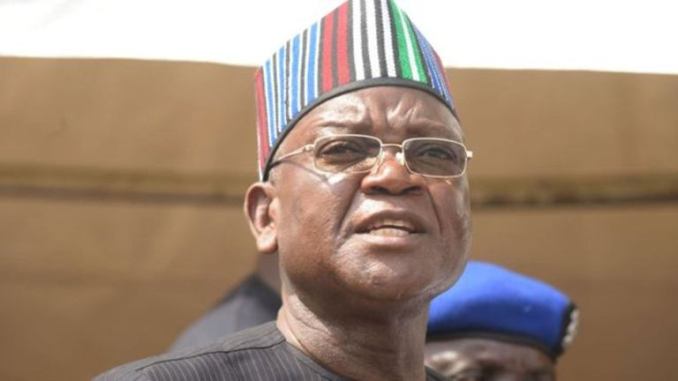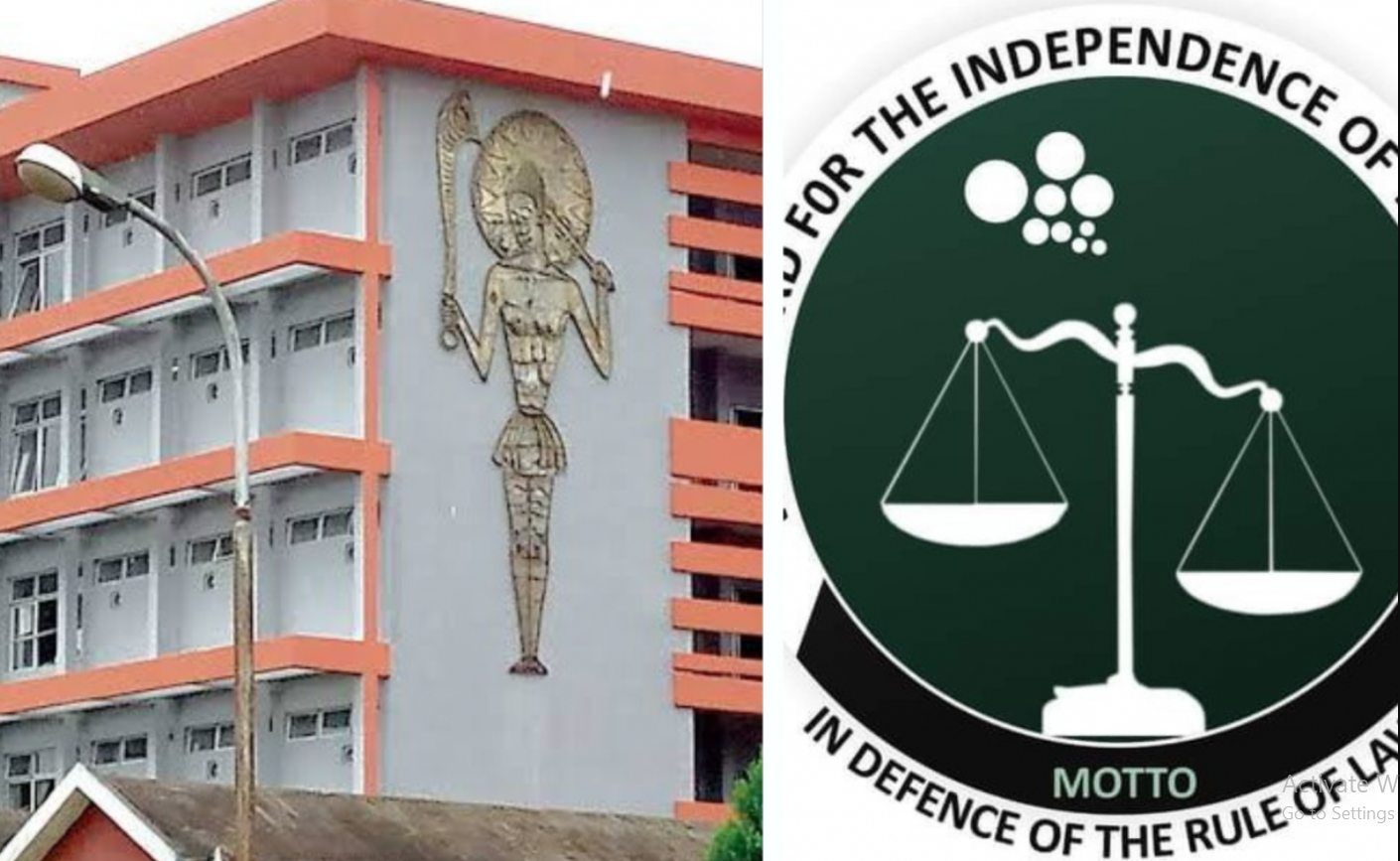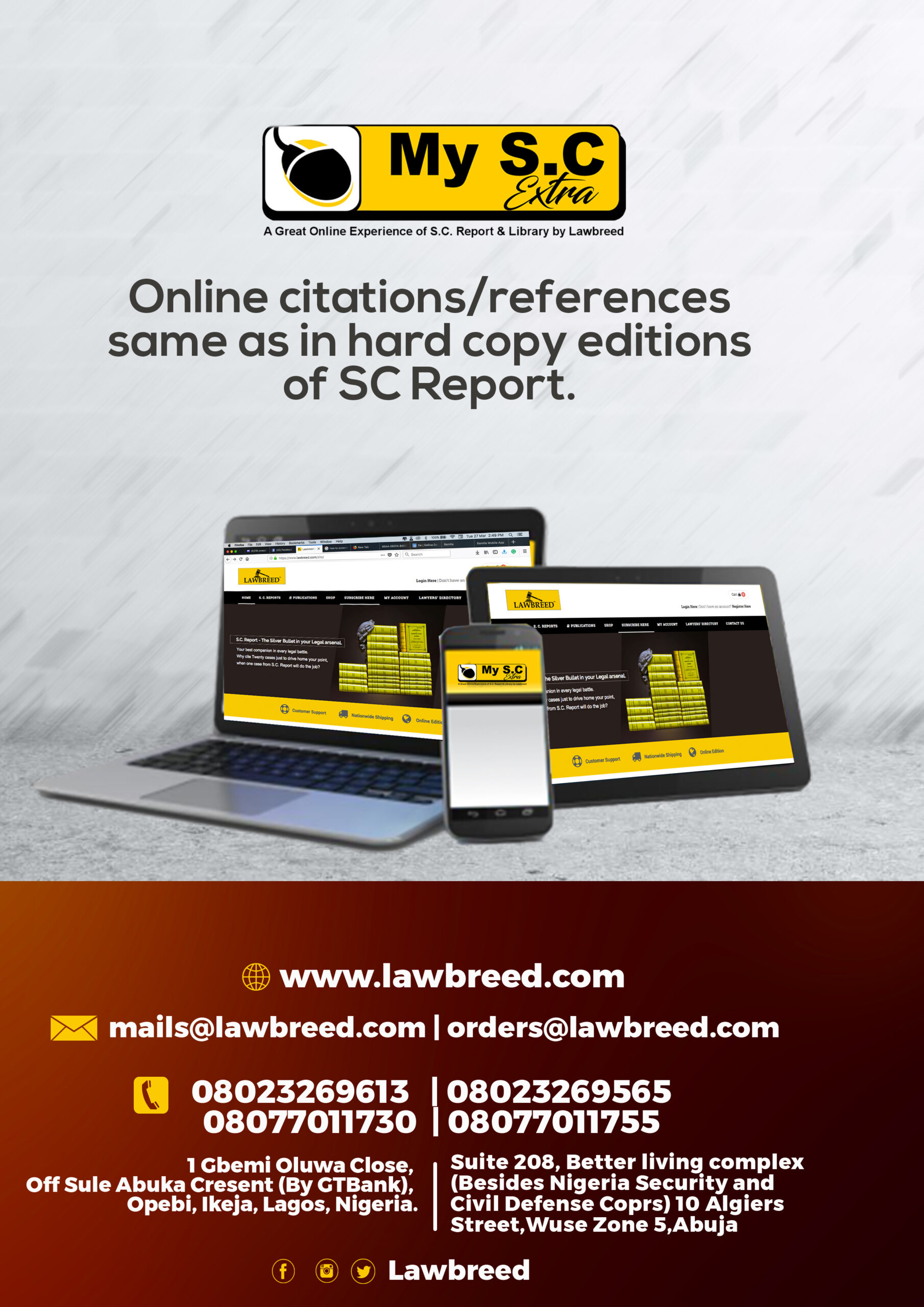The Nigerian National Petroleum Company (NNPC) has requested a total of N3 trillion from the federal government to fund fuel subsidy in 2022.
The Minister of Finance and National Planning, Zainab Ahmed, disclosed this while briefing State House correspondents after the weekly Federal Executive Council (FEC) meeting in Abuja on Wednesday.
The federal government had on Monday suspended its plan to remove fuel subsidy.
Mrs Ahmed said about N3 trillion would now be required to continue paying for the subsidy.
“We also presented to Council today a request for Council’s consideration to make additional funding provisions to enable us to meet incremental fuel subsidy request in the 2022 budget,” the minister said.
“You will recall that in the 2022 budget as appropriated, we have made a provision of N443 billion for a subsidy for January to June.
“Having taken into account the current realities, increased hardship in the population, heightened inflation, and also that the measures that needed to be taken to enable a smoother exit from the fuel subsidy are not yet in place, it was agreed by Council that it is desirable to exit fuel subsidy.
“The Nigerian National Petroleum Company (NNPC) has presented to the ministry a request for N3 trillion as fuel subsidy for 2022. What this means is that we have to make an incremental provision of N2.557 trillion to be able to meet the subsidy requirement, which is averaging about N270 billion per month.
“In 2021, the actual under-recovery that has been charged to the federation was N1.2 trillion, but in 2022, because of increased crude oil price per barrel in the global market, now at $80 per barrel and also because an NNPC’s assessment is that the country is consuming 65.7 million litres per day, now we’ll end up with the incremental cost of N3 trillion in 2022.”
The minister said the council agreed with the view of the state governors, that there was a need to scale down on the (N3 trillion) size.
She said: “So even as the government is not immediately removing the fuel subsidy, we have to make sure that what the nation is incurring is efficient, and that it is a real cost that has been consumed by the country.
“How we fund it? So we’ll have to reduce it from that N3 trillion and that is one. Secondly, we have been running reconciliations with NNPC to reduce the cost.
“But also we have several reconciliations with the NNPC and the NNPC itself owes in some cases, government.
“So, we want to be able to settle some of the subsidy costs through this reconciliation process.
“So, when we’re done with that, whatever is left that we’re not able to apply to what an NNPC is owing the Federation will not be increasing the deficit. And that means increased domestic borrowing.”







